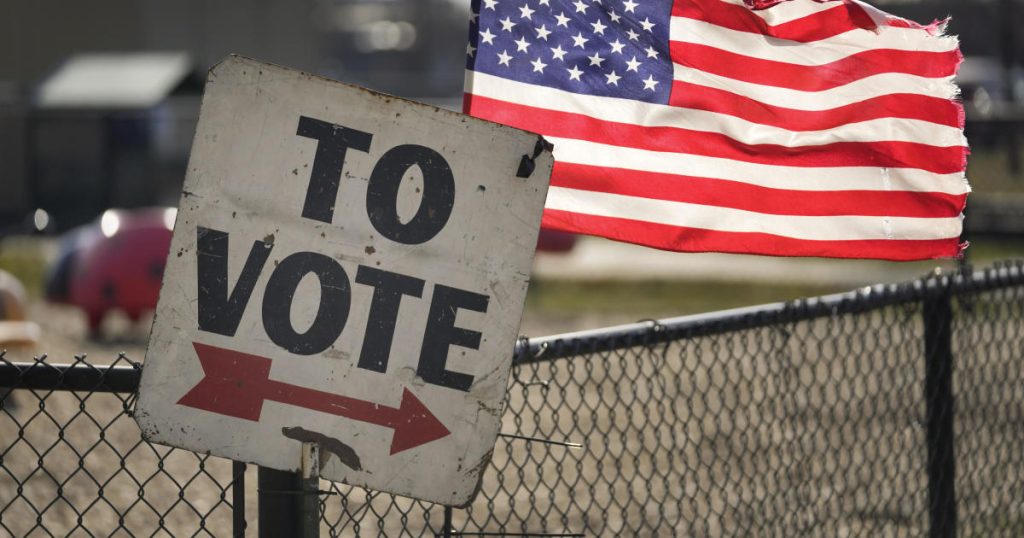A Michigan judge rejected a Republican effort to set aside ballots from some overseas voters in the state. The judge called the effort an “11th hour attempt to disenfranchise” voters, including families of those serving in the armed forces and diplomatic corps. The federal government requires states to permit absent uniformed services and overseas voters, as well as their spouses and dependents, to apply for and vote. The lawsuit challenging the instructions allowing spouses and adult children of overseas Michigan residents to vote in the state was filed by the Michigan Republican Party and Republican National Committee against Michigan Secretary of State Jocelyn Benson.
The lawsuit challenging the instructions allowing spouses and adult children of overseas Michigan residents to vote in the state was filed by the Michigan Republican Party and Republican National Committee against Michigan Secretary of State Jocelyn Benson. The rushed hearing held just nine days after the lawsuit was filed argued that the rules allow people to cast votes in Michigan even if they’ve never lived there. The court arguments focused on the children and spouses of military, diplomatic, and other service personnel overseas. The lawsuit asked the judge to order Benson’s office to segregate ballots cast by overseas voters who have never resided in Michigan to ascertain the scope of the constitutional violation and whether it affects the election’s outcome.
Michigan, with 15 electoral votes, is one of the key battleground states in the race for the White House. The legal battle over overseas voters in Michigan holds added weight in the context of the current election landscape. The effort to challenge the legitimacy of some overseas ballots has prompted a group of congressional Democrats to reach out to Secretary of Defense Lloyd Austin, asking him to ensure that overseas military personnel and Americans abroad retain their right to participate fully in U.S. elections. The case in Michigan is one of several filed by Republican-aligned lawyers in various states challenging the legitimacy of overseas ballots. The Michigan judge rejected the request by Benson’s office to sanction the lawyers who filed the suit, which her office deemed frivolous.
The court’s decision to reject the Republican effort to set aside ballots from some overseas voters in Michigan highlights the importance of upholding the right of absentee voters, including those serving in the armed forces and diplomatic corps, to participate in the election process. The judge’s ruling emphasized the federal requirement for states to allow absent uniformed services and overseas voters, as well as their spouses and dependents, to apply for and vote. The legal battle over overseas voters in Michigan amid the broader election landscape underscores the significance of ensuring that all eligible voters have the opportunity to cast their ballots and have their voices heard.
The lawsuit challenging the instructions allowing spouses and adult children of overseas Michigan residents to vote in the state reflects the intensity of legal disputes surrounding election procedures and voting rights. The arguments in court focused on the interpretation of the law regarding overseas voters’ eligibility to cast ballots in Michigan, even if they have never resided in the state. The judge’s skepticism during the hearing and the questions raised about potential penalties on the spouses and dependent children of overseas service personnel underscore the complexities of the legal arguments surrounding the case. The rejection of the Republican effort by the Michigan judge highlights the importance of upholding the integrity of the election process and ensuring that all eligible voters have the opportunity to participate.


